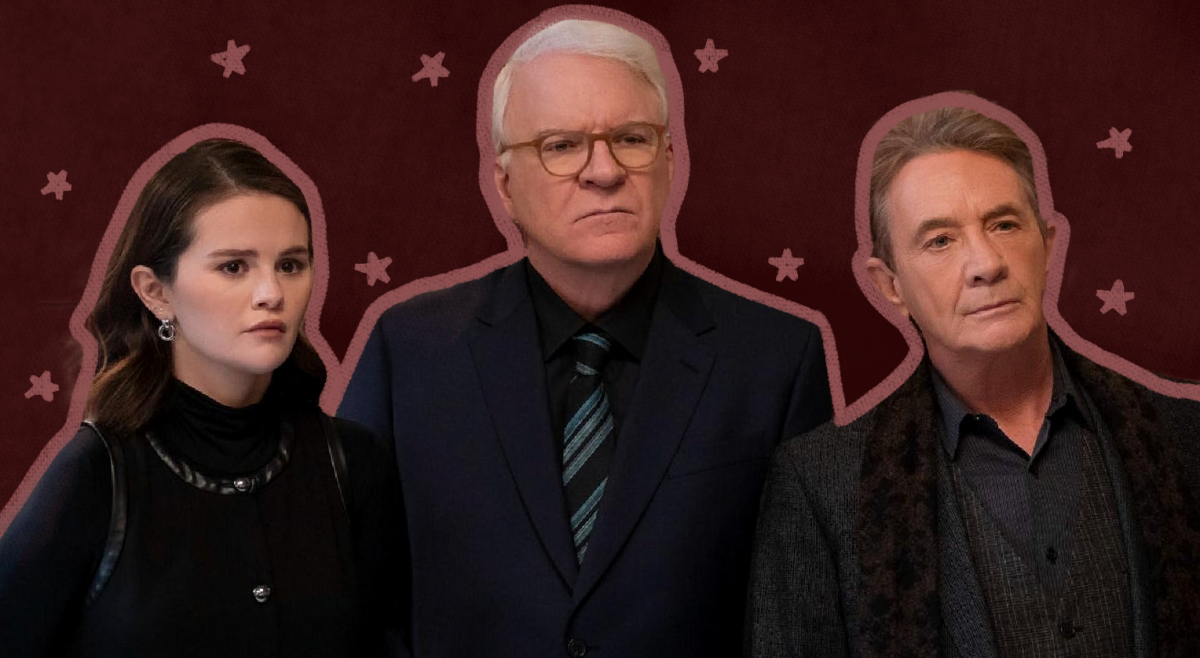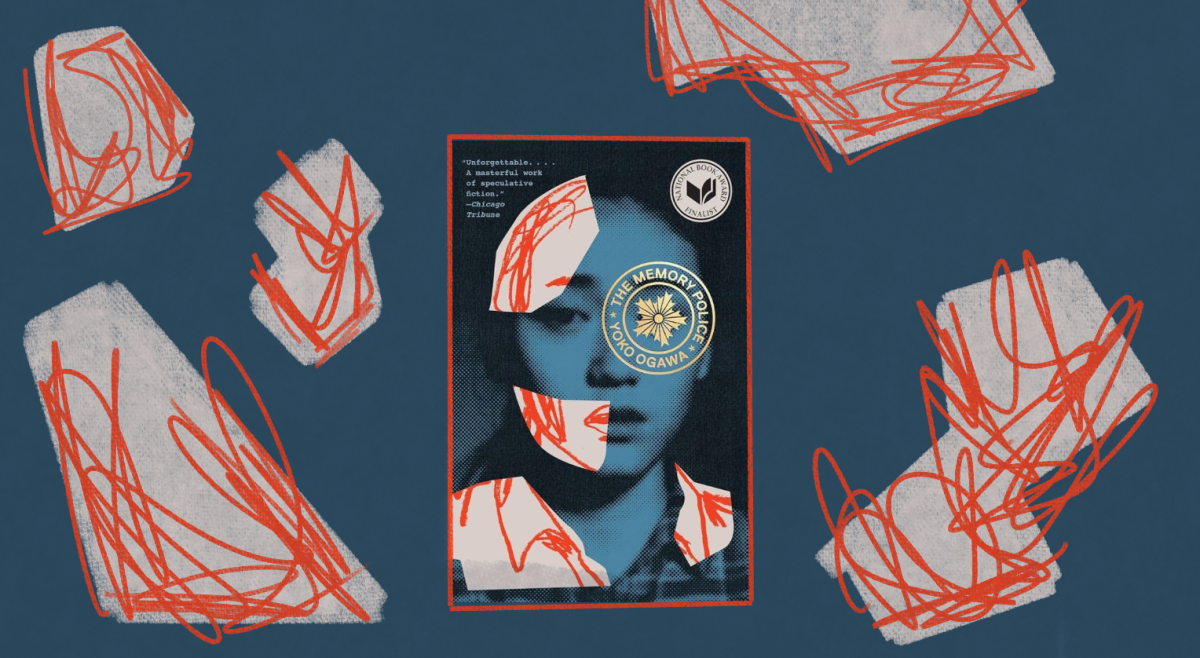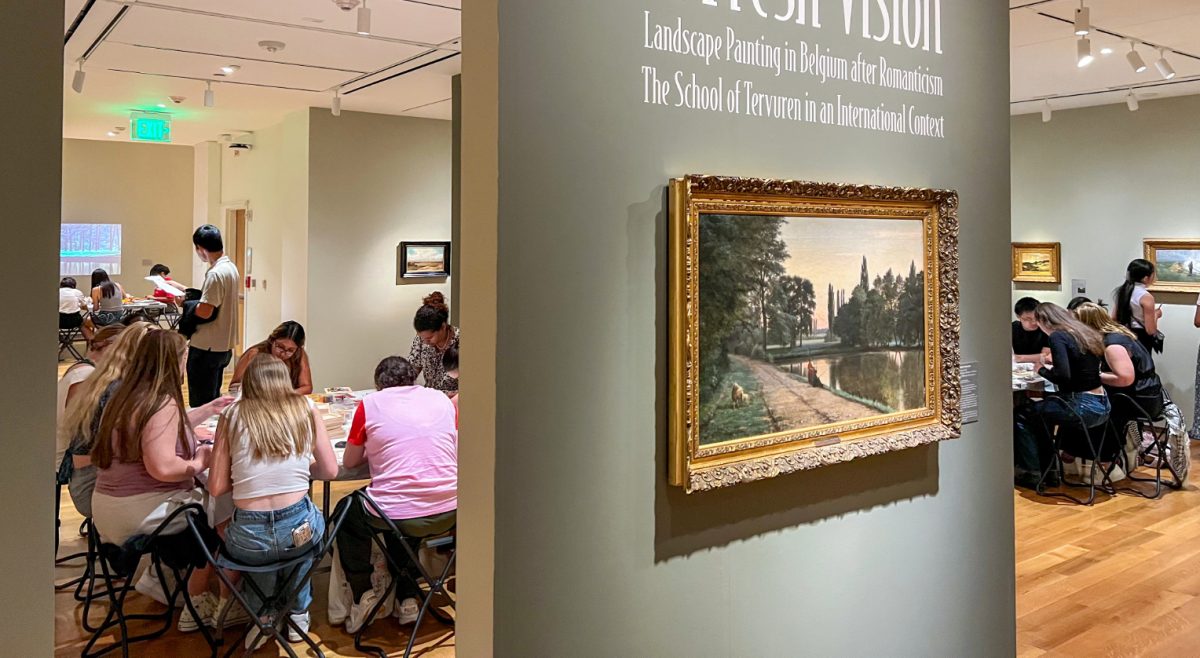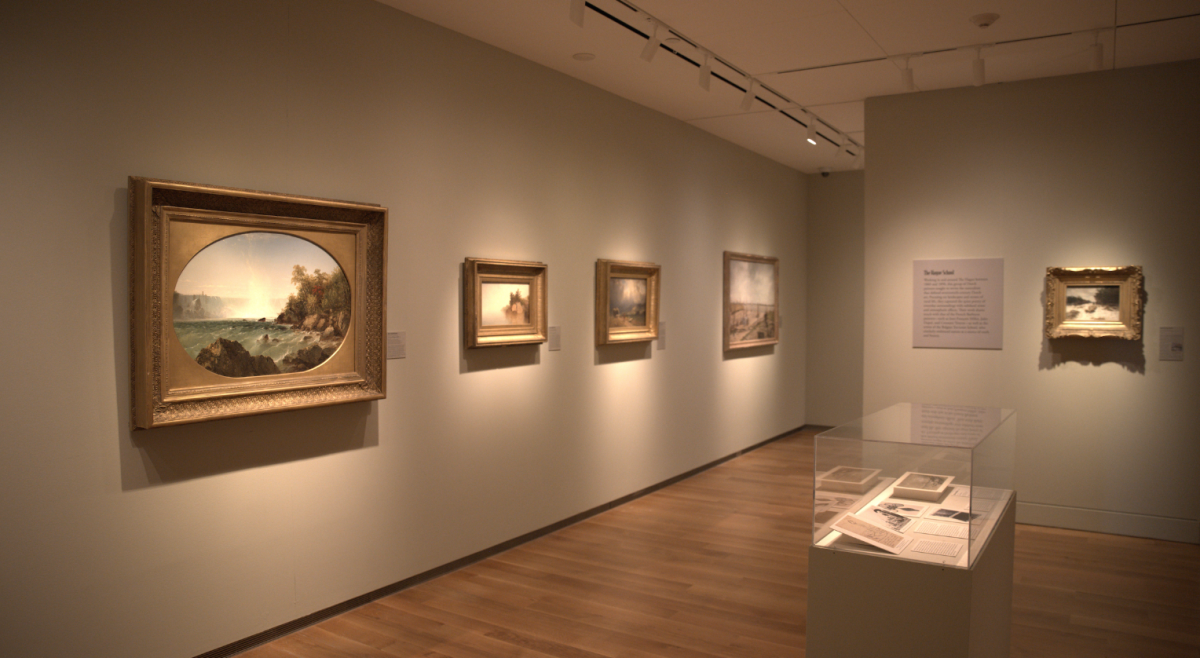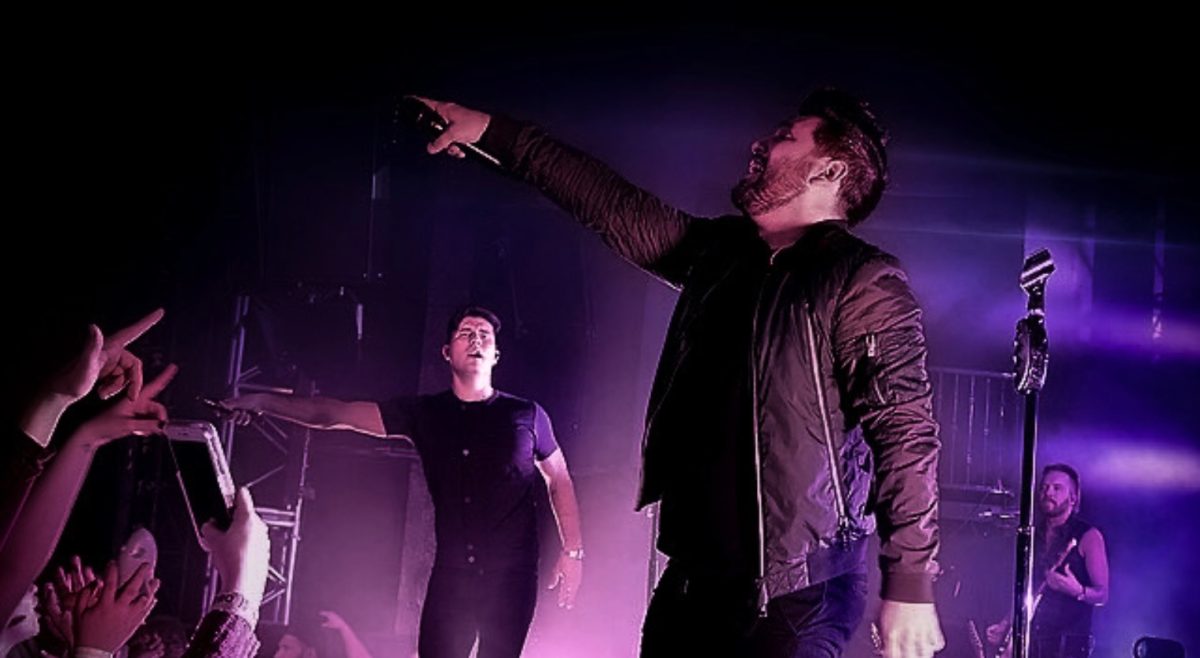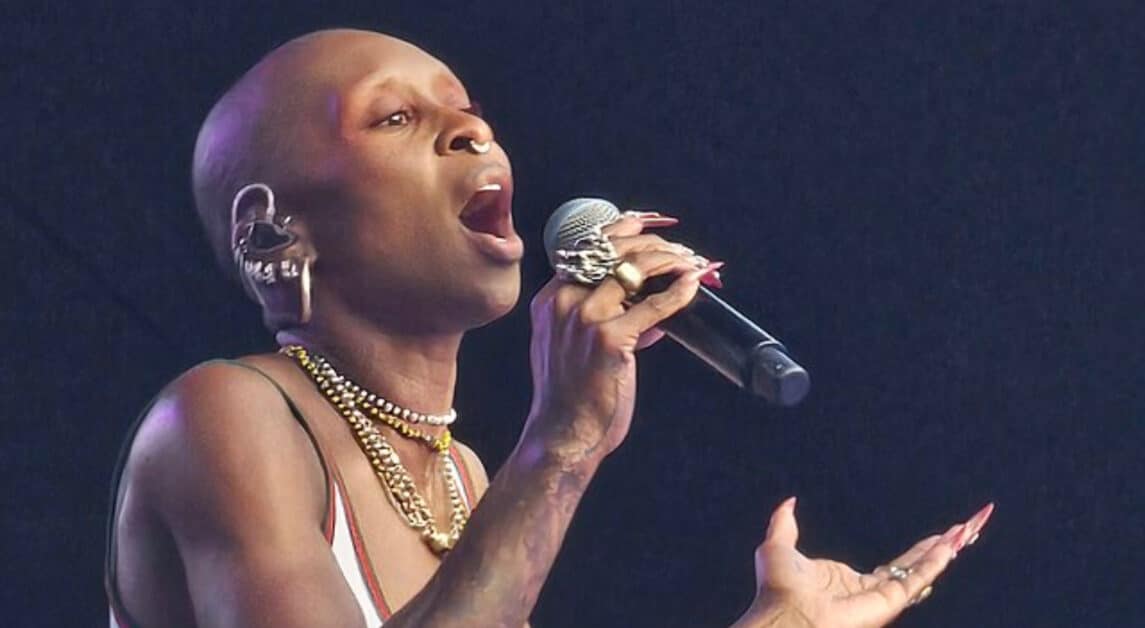Lily Allen’s feminist pop tune “Hard Out Here” played as the predominantly female crowd walked into Boston College’s 11th staging of The Vagina Monologues. The play, attempting to transform what society thinks of the v-word, opened with a scene challenging women’s ignorance toward their vaginas. The act emulated the vibes of Chicago‘s “Cell Block Tango,” setting the tone for the unconventional dramatic journey to come.
The Vagina Monologuesis comprised of a set of speeches that retell a variety of feminine experiences, including menstruation, sex, orgasm, birthing, female genital mutilation, and rape. Eve Ensler, author of The Vagina Monologues, interviewed more than 200 women from all over the world while writing the play, and enquired about their vaginas. She asked questions like, “If your vagina got dressed, what would it wear?” or “If your vagina could talk, what would it say?” The answers received were put together to become the episodic play that has been running at BC for the past 10 years.
The show is a mix of amusing and heart-wrenching anecdotes about women and their vaginas. There are monologues that touch upon sexually forward or abusive experiences, while others pertain to more lighthearted encounters. This BC rendition of the play involved the addition of BC-specific references to give it a touch of home and comic relief, like relating the vagina to Eagles’ Nest. The result was an hour and a half of laughter and feminist reflection.
Without elaborate costumes, props, lighting, or sets, the actresses were very much on their own. The attention was focused entirely on their engaging performances, and the cast seemed thoroughly comfortable with acting out these complex yet sensitive scenes of The Vagina Monologues.
The interpretation “The Woman Who Loved to Make Vaginas Happy” by Danielle Wehner, A&S ’16, was one of the show’s most remarkable acts. The performance was unreserved, and there was no doubt that Wehner was in complete command of her acting prowess.
Looking around the room, however, it was difficult to gauge reactions-the audience appeared intrigued, yet detached. The play’s content drew mixed reactions, and in this particular moment, it wasn’t quite clear if the crowd was amused by the myriad moans or genuinely grasping the serious messages which are the crux of the play. Wehner’s performance was so captivating it brought to question how solemn the play’s central theme truly was.
The stereotyping of moans of women of different racial backgrounds felt like an unnecessary piece of the writing, hopefully no longer resonating with today’s audience. Despite its debut in the 1990s, the play is, in many ways, before its time and behind at the same time.
It is a challenging task to strike a balance between entertainment and raising awareness, especially for a show like The Vagina Monologues. There’s a great threat of the play’s intensity getting lost somewhere in its various routines-it’s a task similar trying for many standup comedians who rely on foul language to make their points. Fortunately, the directors of the BC’s production preserved their message with the line-up.
By bringing to life a series of candid monologues made by women from all backgrounds, the cast helped bring its audience to the realization that the vagina has been metamorphosed. It has evolved from a mere sex organ into a metaphor for the outcry against sexual violence. The play ultimately rejects the exploitation of women’s bodies and manifests the liberation of female sexuality. In acknowledging and questioning the ignorance about and reluctance toward the subject of the vagina, women are empowered to reclaim sovereignty of their bodies.
This particular student production of The Vagina Monologues-sponsored by the BC Women and Gender Studies program-was quite an experience. In spite of the minor flaws in the original script, the passion of these students was admirable. The courage of the performers and their endeavors to put forward the play that truly made the content touching and empowering.
“We were worried about our vaginas,” states one girl at the show’s beginning. “We were even more worried that we don’t think about them.”

